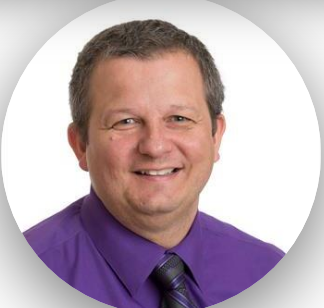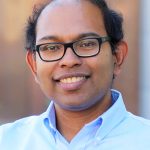The goal of radioanalytical chemistry is to identify and quantify radioisotopes present in a variety of samples. It combines advanced radiochemical separations with state-of-the art radiation detection techniques and provides information on the origin, speciation and mobility of the material. It plays an important role in evaluating its impact on humans and the environment.
The analysis of air, water, soil and bioassay samples builds the foundation of operational environmental monitoring, however in recent years there is a renewed interest in procedures that can be applied to more unusual samples. Techniques are, for example, lacking for samples that could potentially be encountered in the aftermath of a nuclear incident. Due to the likelihood of such an event occurring in an urban or metropolitan area, it is crucial to have procedures that can be used to rapidly and accurately separate and determine radioactive materials from matrices such as concrete, steel, and glass. The need for improved sample analysis methods became also apparent in the aftermath of the reactor accident at the Fukushima Nuclear Power Plant. The elevated salinity of sea and ocean water results in a complex matrix that hinders the isolation, characterization, and determination of the radioisotopes of interest. Other samples of interest include process solutions and wastes from nuclear and mining operations.
This presentation will discuss recent research aimed at developing analytical techniques for such challenging types of samples and give examples of their application.
Passcode 1872


